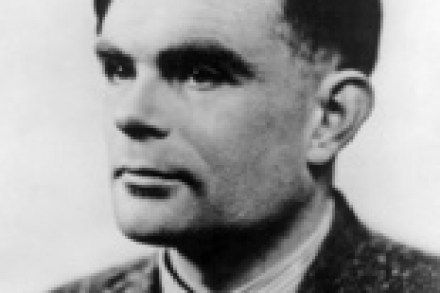Karl Marx got it right
Whether the refusal to allow the Confederate states the right to self-determination, flying as it did in the face of the Declaration of Independence, was the first overt act of American imperialism is a question that goes largely undiscussed. John Keegan does not raise it. For him, unlike World War I, which was ‘cruel and unnecessary’, the American Civil War was cruel and necessary. (What constitutes an uncruel war is not explained.) Necessary both sides deemed it. At the outset volunteers came forward in such numbers that equipping them and finding capable officers to lead them proved nearly beyond both the Union and the Confederacy. Cruel it certainly was, one




